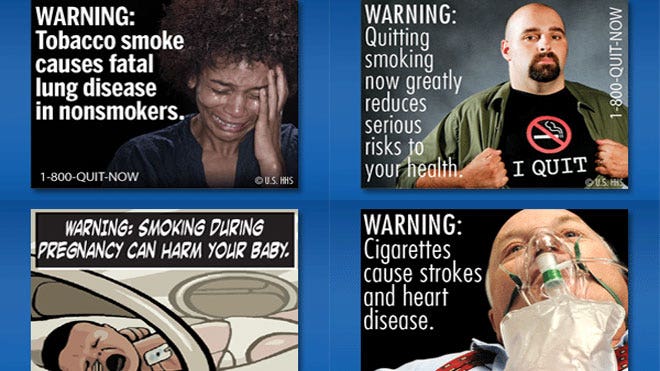WASHINGTON — U.S. Senators Dick Durbin (D-Ill.) and Frank R. Lautenberg (D-N.J.) said that the Senate Appropriations Committee, of which they are members, approved report language that would urge the Food & Drug Administration (FDA) to issue regulations asserting its regulatory authority over tobacco products–including cigars–as part of the 2013 appropriations bill for Agriculture, Rural Development, FDA & Related Agencies. The measure now moves to the full Senate for its consideration.
In 2009, President Obama signed the Family Smoking Prevention & Tobacco Control Act, which expanded the authority of the FDA to regulate all tobacco products. The law banned flavored cigarettes, but not flavored cigars.

 Ryan Pushes Legislation to Ban the Sale of Flavored Tobacco
Ryan Pushes Legislation to Ban the Sale of Flavored Tobacco